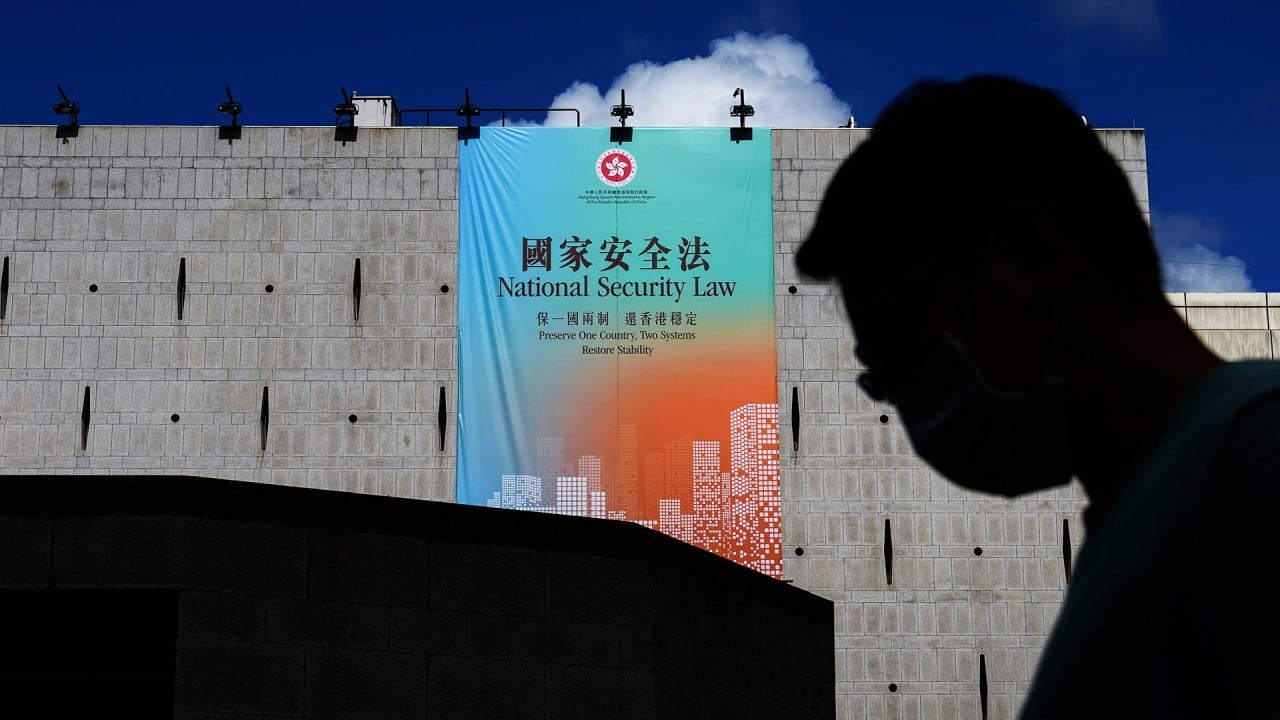Advertisement
Opinion | Finally, Hong Kong can put Article 23 to bed
- History will show that Hong Kong was slow to fulfil its duty and pass Article 23 national security legislation, so it’s important that we cover all aspects in the new law
- This will require careful work and thorough scrutiny, but such vital legislation demands we take time to get it right
Reading Time:3 minutes
Why you can trust SCMP
7

I was very pleased when Chief Executive John Lee Ka-chiu announced last month that Hong Kong was finally going to enact Article 23 national security legislation this year. That will bring an end to the uncertainty and wild speculation about what might be in the new law.
The government issued a discussion paper late last month to launch the process. A particularly pleasing aspect is the thorough research and emphasis on preserving the common law legal system, with examples of practice in other countries to illustrate points for consideration.
The determination that Hong Kong remains part of the worldwide common law community has long been part of China’s policy towards the city. The 1984 Joint Declaration, the Basic Law and the national security law itself, which was promulgated in 2020, all stress its importance. The most recent high-profile reiteration was included in a speech by President Xi Jinping during his visit to the city on July 1, 2022.
Despite this, there is still a persistent strain of thought in the West that the Article 23 legislation is the latest step in Beijing’s efforts to make the Hong Kong legal system more like that of the mainland. This is demonstrably not the case, but I doubt this will change the minds of any critics.
We are off to a good start, but we can do even better. Article 23 requires the city government to legislate to protect national security in seven areas: treason, secession, sedition, subversion against the central government, theft of state secrets, activities of foreign political bodies and ties with such bodies. The administration is working on the basis that the national security law dealt with secession and subversion, so we only need to tackle the other five. I do not believe this is in our best long-term interests.
One hundred years from now, when historians look back at the early years of post-handover Hong Kong, they will report we were slow to fulfil our duty. There is nothing we can do about that now. But if they can also report that, when we finally got around to it, we only did five-sevenths of the job, then that stain on our record will be there in perpetuity. It would be much better to cover all seven areas in the new law.
Advertisement

